Why Ukrainians have long called Russians katsaps
The ancient nickname of Ukrainians "Ukrainians" can easily be explained by the forelocks on the heads of Zaporozhye Cossacks. But the Russian nickname "katsaps", which is popular in Ukraine, has many interpretations. How did it appear and which version can be considered true?
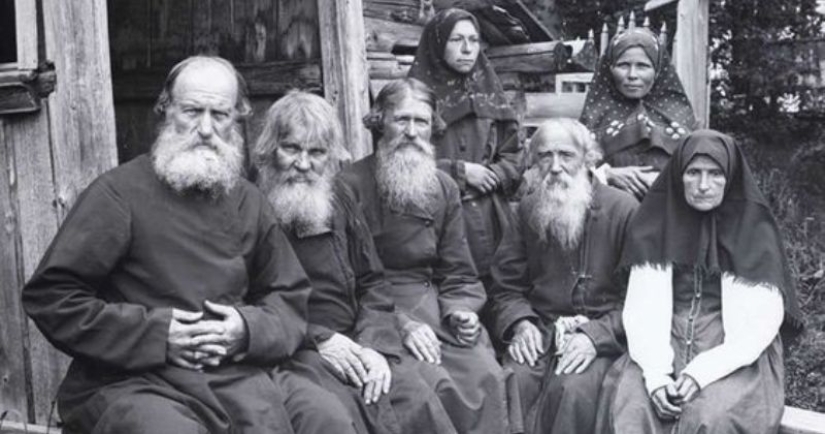
Dictionaries tell us that "katsap" is an ironic, insulting and even chauvinistic designation of Russian in the mouth of a Ukrainian. It is also indicated that it appeared on the basis of national enmity. At the same time, in the literature, the word "katsap" is found in a variety of meanings and, most often, in comic and abusive-disparaging.
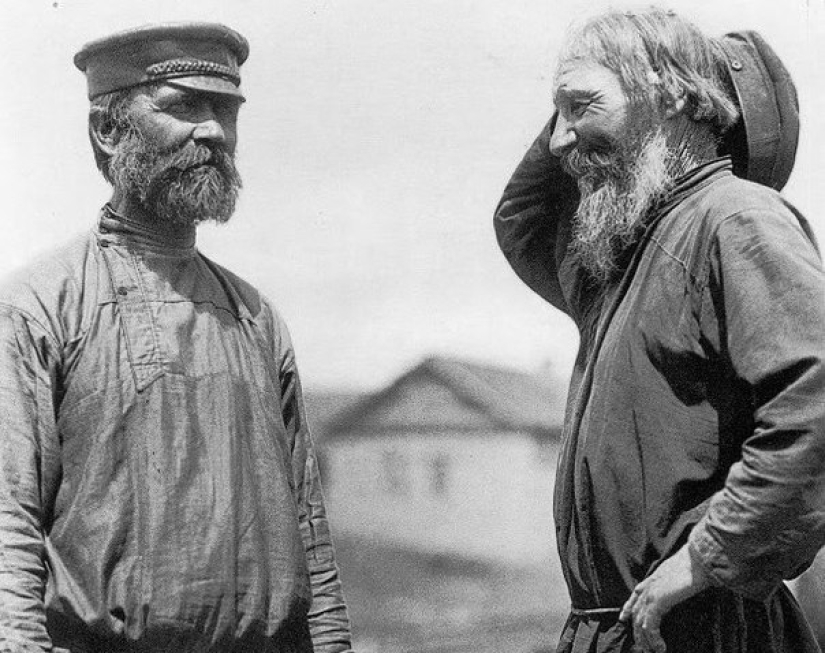
So Nikolai Gogol wrote in his unfinished story "Ivan Fedorovich Shponka and his Aunt" in 1831.
This is how the historian Yevgeny Markov mentioned this nickname in the book "Sketches of the Crimea (Pictures of Crimean life, nature and History)" in 1872.
Says the hero of Isaac Babel's debut play "Sunset", published in 1928.
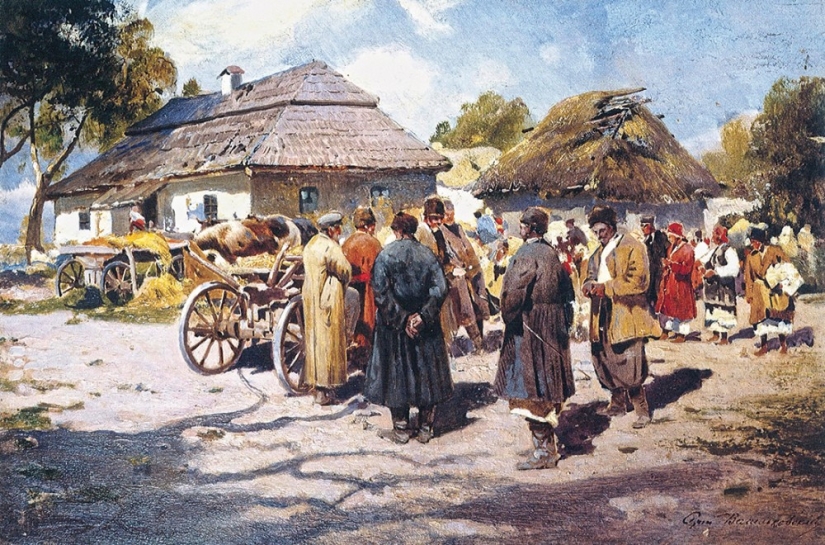
You can continue for a long time, but in general it is already clear that this nickname does not carry respect. But someone was the first to come up with calling Russians katsaps. Let's turn to history.
Since ancient times, Ukraine has been at the crossroads of trade routes, in a place where European and Eastern cultures overlap. Alexey Tolstoy in the story "Four Centuries" described it like this:
Turks and Crimean Tatars, who have crossed paths with Russians during wars or on trade matters for a long time, have the word "kasap" in their languages. It does not mean anything good, since this word is called butchers and knackers. But these peoples do not have the letter "c" in their language. But all the other peoples listed by Tolstoy have this letter and sound.
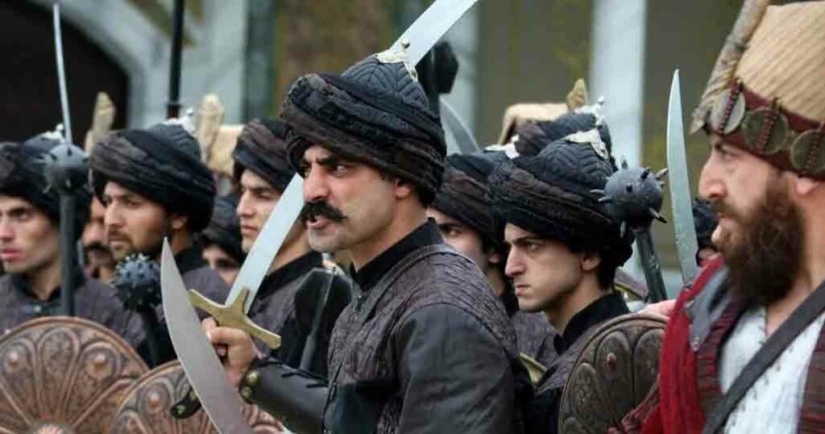
In the 15th century, the word "katsap" went south of Moscow in the meaning of "butcher". The greater the Turkic influence on the region, the more often it was used. This name of the Russians can be found in many official documents of those times. For example, it is in one of the letters of the Moldavian ruler Stephen III the Great for 1462.
But for the Turkic peoples, this word was also borrowed. They took it from Arabic, where it looked like "kassab". The neighbors of Arabs and Jews have it, but in Hebrew it sounds like "katsab". This is already a verb and it means "to chop", "to shred", "to cut off". But why did the Russians evoke such associations?
To understand this, you need to look at how a Russian warrior looked in the 15th and 17th centuries. It was this type of Russian that was best known both on the shores of the Bosphorus and in the Crimea. The main cold weapon of the Russian Sagittarius was a large axe on a long shaft - a berdysh.
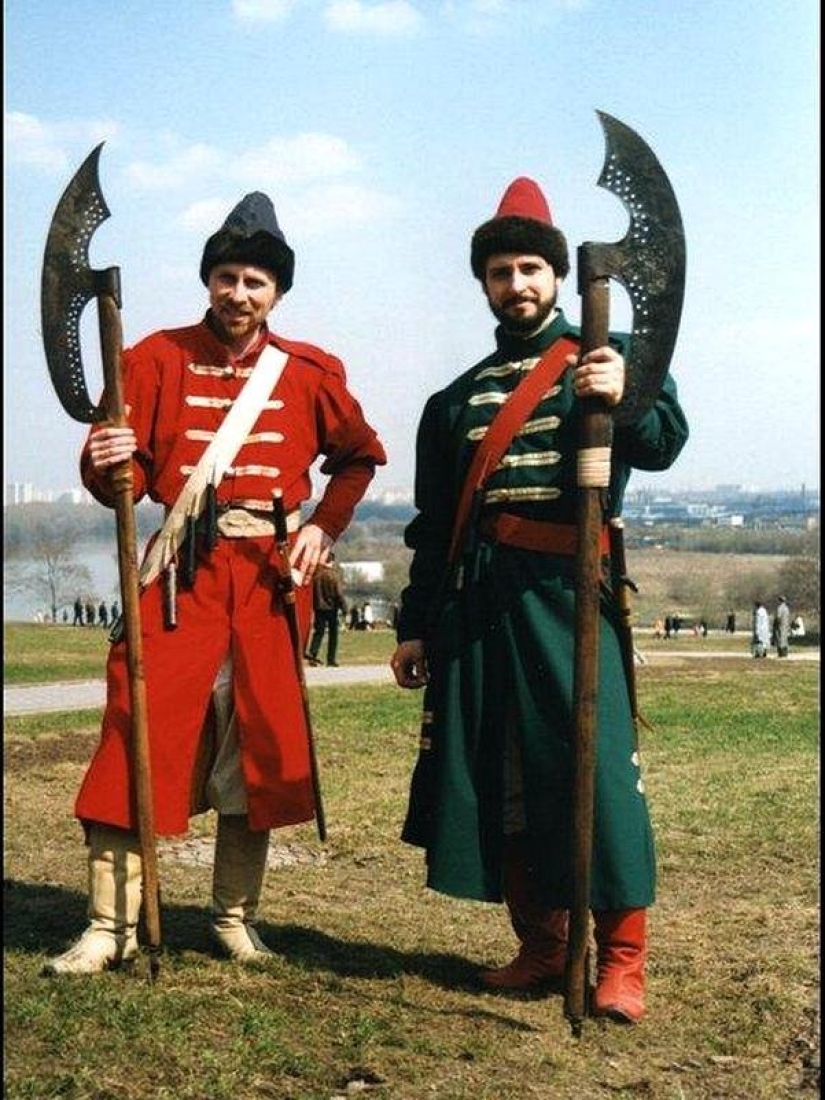
Ukrainians, Turks and Tatars who fought with the Russians could not help but notice how they were wielding berdyshs. That is why such a strange and not too pleasant nickname appeared. However, there are many other versions of the origin of the nickname "katsap". However, they are all based on speculation and hardly have a real basis.
Recent articles

It's high time to admit that this whole hipster idea has gone too far. The concept has become so popular that even restaurants have ...

There is a perception that people only use 10% of their brain potential. But the heroes of our review, apparently, found a way to ...

New Year's is a time to surprise and delight loved ones not only with gifts but also with a unique presentation of the holiday ...